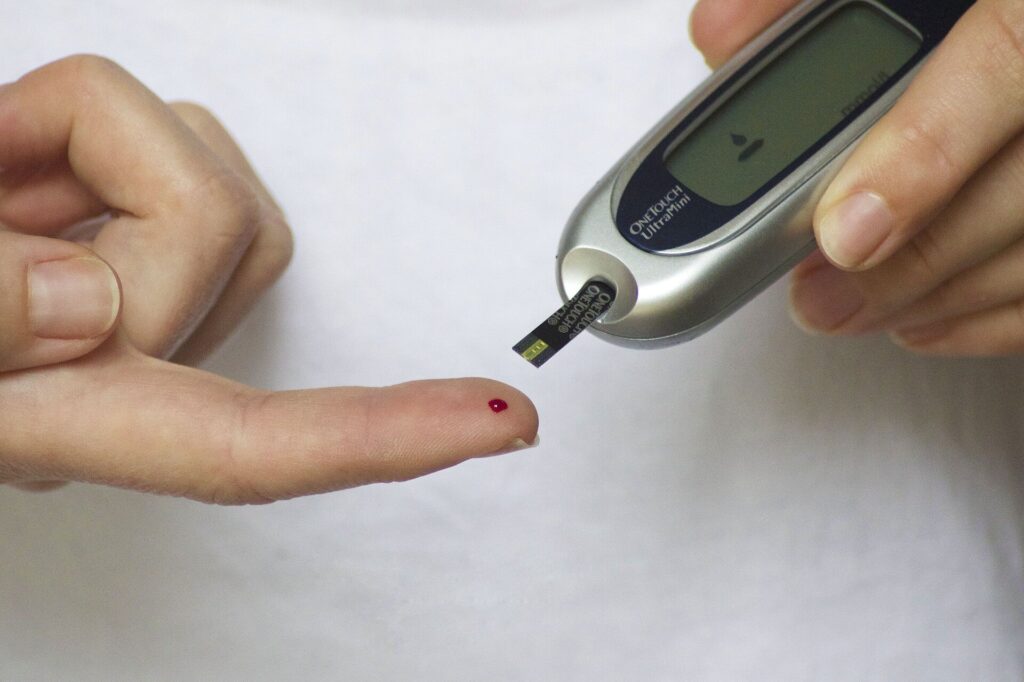
[ad_1]
Credit: Pixabay/CC0 Public Domain
According to a large study by researchers at Karolinska Institutet, published in the journal, both children with type 1 diabetes and their immediate family members are at increased risk of mental health problems compared to children without the disease diabetes treatment. The results underscore the need for psychological counseling for children and their families in diabetes care.
Research shows that children and adolescents with type 1 diabetes are at increased risk mental problems such as depression, anxiety and stress-related disorders, and that these comorbidities can stand in the way of optimal care.
Current guidelines from the International Society for Pediatric and Adolescent Diabetes (ISPAD) recommend screening for Mental health problems in children with type 1 diabetes but do not adequately address their needs family memberswho are also at increased risk of mental health problems. Furthermore, the reasons for the association of familial mental health problems and type 1 diabetes are not fully understood.
“Many clinicians intuitively assume that diabetes in a child negatively affects the mental health of both the patient and family members,” says Agnieszka Butwicka, assistant professor in the Department of Medical Epidemiology and Biostatistics at Karolinska Institutet and the study’s final senior author. “But we believe the answer is not that simple. Our study shows that there might be one genetic component behind this club.”
Almost doubled risk of depression
The study linked around 3.5 million people born in Sweden between 1973 and 2007 to their biological parents, full and half siblings and cousins. More than 20,000 people have been diagnosed with type 1 diabetes in childhood and have been found to have nearly twice the risk of depression and about 1.6 times the risk of anxiety and stress-related disorders than people without them Illness.
Their parents and full siblings also had a slightly increased risk of anxiety and stress-related disorders, albeit to a lesser degree, while their half-siblings and cousins had no or only slightly increased risk of some disorders.
“These results are of high clinical relevance because they mean that therapeutic interventions should also involve close family members, not just patients,” says Agnieszka Butwicka.
Parents, children and full siblings share more genetic material (about 50%) than half-siblings (about 25%) and cousins (less than 12.5%), the researchers say the result supports the idea that genes may be a contributing factor to mental health problems Type 1 diabetes contributes.
However, because it’s only an observational study, they can’t say conclusively what causes the associations.
“Further studies are needed to fully understand the underlying genetic and environmental contributions to forcing mental disorders in type 1 diabetes,” says Shengxin Liu, a doctoral student at Karolinska Institutet and corresponding author of the study.
Shengxin Liu et al, Association and Familial Coaggregation of Childhood-Onset Type 1 Diabetes With Depression, Anxiety, and Stress-related Disorders: A population-based cohort study, diabetes treatment (2022). DOI: 10.2337/dc21-1347
Provided by
Karolinska Institute
Citation: Type 1 Diabetes Associated with a Higher Risk of Mental Health Problems in Patients and Families (2022 August 1) retrieved August 4, 2022 from https://medicalxpress.com/news/2022-08-diabetes- linked-higher-mental-health.html
This document is protected by copyright. Except for fair trade for the purpose of private study or research, no part may be reproduced without written permission. The content is for informational purposes only.
[ad_2]
Source link